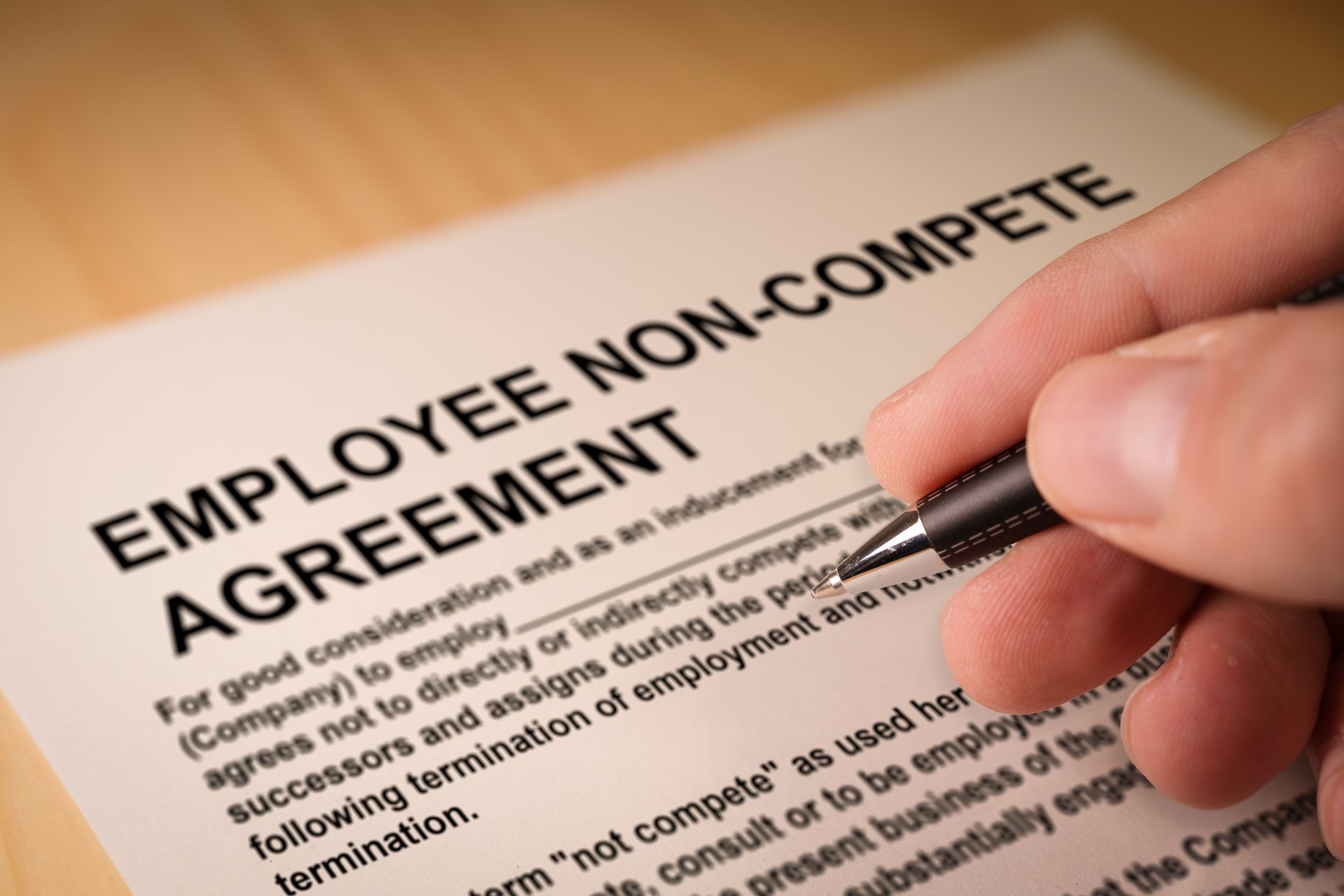
Filing for bankruptcy in Minnesota can provide powerful financial relief for individuals overwhelmed by debt. However, when you share property with others or have co-signers on loans, your decision to file may affect more than just your own finances. Joint property and co-signed debt introduce additional legal considerations that every filer should be familiar with.
Bankruptcy and Joint Property in Minnesota
Joint property includes any assets you own with another person, such as your spouse, a family member, or a business partner. This commonly includes homes, vehicles, financial accounts, or other high-value items.
When you file for bankruptcy, your share of that joint property becomes part of your bankruptcy estate. In a Chapter 7 case, the bankruptcy trustee has the authority to evaluate all of your assets and, if appropriate, sell non-exempt property to repay your creditors. If your portion of a jointly owned asset has value above the exemption limit, the trustee may seek to sell the entire property to access your equity, even if the co-owner has not filed for bankruptcy.
Minnesota allows bankruptcy filers to choose between the state and federal exemption systems. Each set of exemptions includes different rules and dollar amounts that can protect your interest in jointly owned property. Choosing the right exemption strategy can significantly impact whether you keep or lose shared assets.
Spousal Property Considerations
Minnesota is not a community property state. This means that in most cases, only the filer’s property and debts are included in the bankruptcy, not those of the non-filing spouse.
However, this does not completely shield jointly owned property from the process.
If a married person files for bankruptcy individually, the bankruptcy trustee will still examine the couple’s jointly owned assets. If the filer’s portion of the equity in those assets exceeds the allowed exemptions, the trustee may take action. This includes selling the property, with the non-filing spouse receiving their share of the proceeds.
Married couples are not required to file jointly; sometimes only one spouse qualifies or benefits from filing, depending on whose debts are involved. For couples who do file jointly, exemptions typically double, offering greater protection of shared property. However, the total value of the asset still plays a significant role in determining whether it can be fully protected.
Chapter 13 and Property Protection
A Chapter 13 bankruptcy involves a repayment plan rather than asset liquidation. It allows you to keep your property while paying creditors over time based on your income and assets. This form of bankruptcy often provides more flexibility in protecting joint property because it eliminates the immediate threat of asset seizure.
If you have joint property with someone else and are concerned about losing it in Chapter 7, Chapter 13 may offer a better path forward. It also gives you the opportunity to catch up on missed mortgage or car payments and preserve co-owned property that might otherwise be lost.
Co-Signers and Bankruptcy
When someone co-signs a loan with you, they become legally responsible for the full amount of the debt. Even if you are the primary borrower, creditors can pursue the co-signer if payments are missed.
Filing for Chapter 7 bankruptcy only discharges your obligation to repay the debt. It does not relieve the co-signer. Once your bankruptcy is complete, the creditor can pursue the co-signer for the full balance of the debt, including the portion you were originally responsible for.
In Chapter 13, however, there is a special protection called the “co-debtor stay.” This temporarily prevents creditors from pursuing co-signers on consumer debts while you are actively repaying the loan through your Chapter 13 plan. That protection can remain in place as long as you continue to make your scheduled payments. It does not apply to all debts, and creditors can still request the court lift the stay in certain cases.
If a family member or close friend co-signed a loan for you, it’s important to talk to them before filing. They may wish to take steps to protect their credit or work with a lawyer to better understand their rights and exposure.
Consumer Rights and Legal Protections
Minnesota bankruptcy law includes safeguards to help consumers make informed decisions and avoid unnecessary losses. However, knowing your rights is only part of the equation. How you file, which chapter you choose, and which exemption system you use can dramatically affect your outcome.
Here are a few key consumer rights and protections to keep in mind:
- You have the right to choose between state and federal exemptions.
- You are not legally required to file jointly with your spouse, although it may offer strategic benefits.
- You are entitled to clear communication and full transparency from your bankruptcy attorney or representative.
- You have the right to accurate, timely information about how your filing affects co-signers and jointly owned property.
Get Help from a Qualified Minnesota Bankruptcy Attorney
Bankruptcy can be a stressful process, but it’s usually a personal financial matter that doesn’t affect your family, friends, or coworkers. For people with joint ownership of assets, such as business co-owners, or filers who co-signed loans with friends or family, bankruptcy can have far-reaching personal consequences.
The Minnesota Lawyer Referral and Information Service can connect you with a qualified Minneapolis bankruptcy attorney who understands state-specific rules, consumer protections and how to safeguard your jointly held property and relationships.
Speak with a referral counselor at the Minnesota Lawyer Referral and Information Service today by calling (612) 752-6699.




